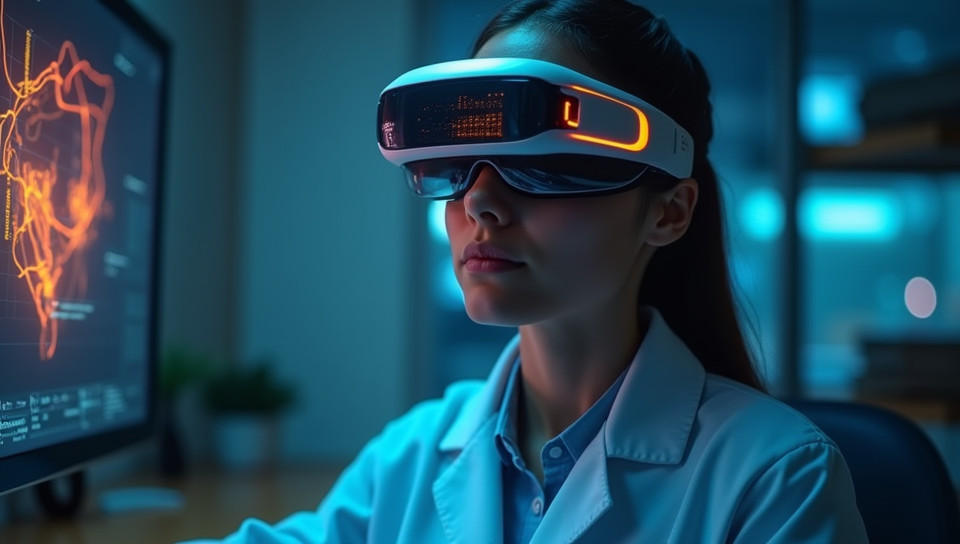Wearable technology has improved mental health support slightly 70%

The Wearable Revolution: How Tech is Slightly Improving Mental Health Support
As we navigate the complexities of modern life, it's no secret that mental health has become a pressing concern. With increasing pressure to perform, coupled with the 24/7 connectivity of social media, many of us are struggling to keep our heads above water. In recent years, wearable technology has emerged as a potential game-changer in this arena, offering tools and insights to support mental well-being.
The Rise of Wearable Mental Health Tools
Wearable devices, such as smartwatches and fitness trackers, have been touted as the future of health monitoring for some time now. And while they've certainly improved our ability to track physical activity, sleep patterns, and other physiological metrics, their impact on mental health support has been more nuanced.
The Limits of Wearable Technology
While wearable technology can provide valuable insights into our physical behavior, it's worth noting that these tools are not a substitute for professional medical care. Mental health issues require personalized attention and treatment from trained professionals, rather than relying solely on data from a device. Furthermore, the accuracy of mental health metrics collected by wearables is still a topic of debate among experts.
The Benefits of Wearable Technology
Despite these limitations, wearable technology has made some positive contributions to mental health support:
- Improved sleep tracking and analysis
- Enhanced stress monitoring through heart rate variability (HRV) analysis
- Increased motivation for physical activity through gamification and rewards
- Access to meditation and mindfulness exercises through companion apps
The Future of Wearable Mental Health Support
While wearable technology has improved mental health support slightly, it's essential to acknowledge the limitations of these devices. As the field continues to evolve, we can expect more sophisticated wearables that incorporate advanced AI-powered analytics and personalized recommendations.
Conclusion
Wearable technology has made a positive impact on mental health support, but it's crucial not to rely solely on these tools for guidance. By combining wearable insights with professional medical care, individuals can create a comprehensive approach to managing their mental well-being. As we move forward, it will be interesting to see how wearables continue to adapt and improve in this critical area of human health.
- Created by: Alessandro Barone
- Created at: Aug. 14, 2024, 12:04 a.m.
- ID: 7082
